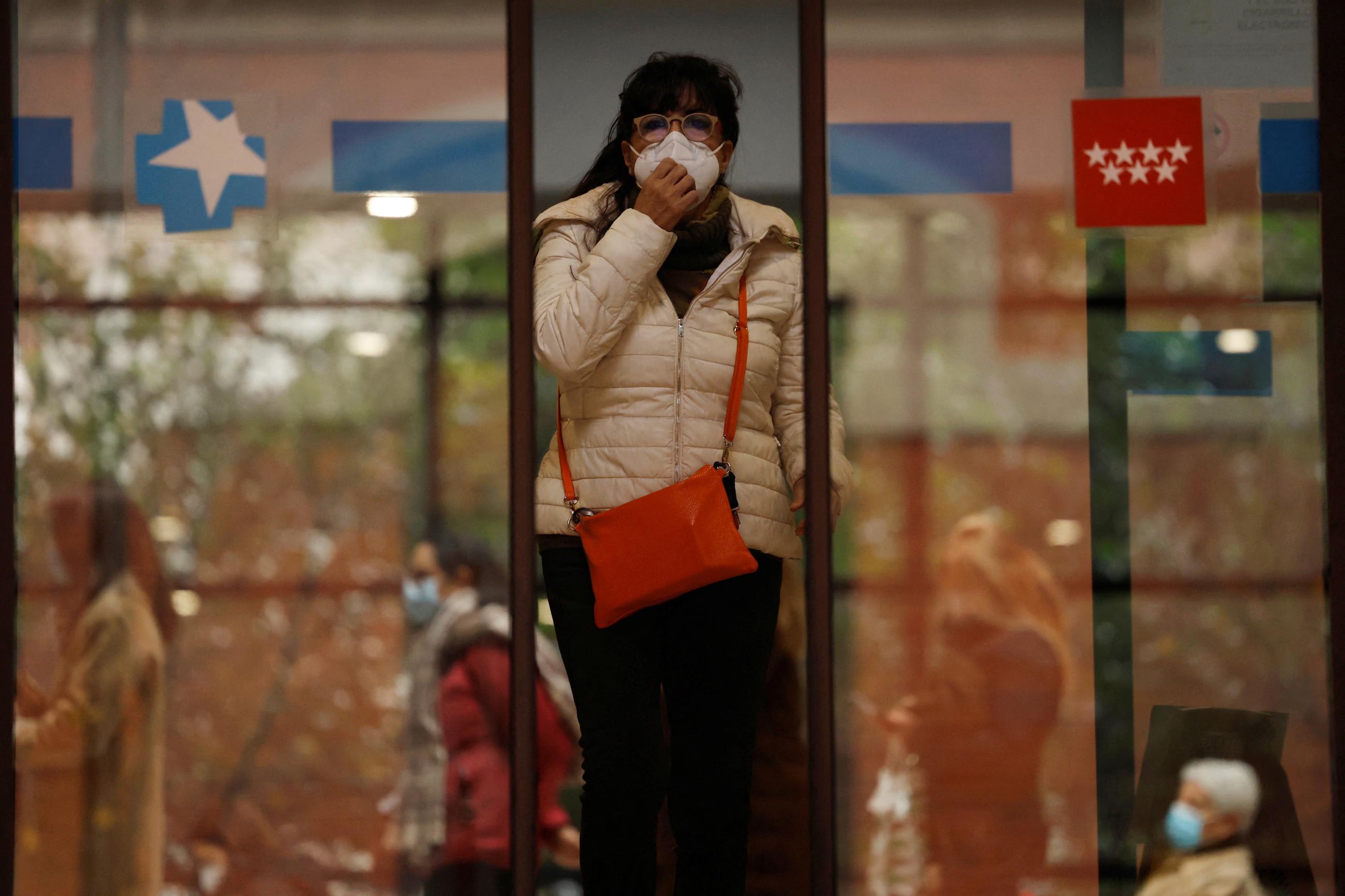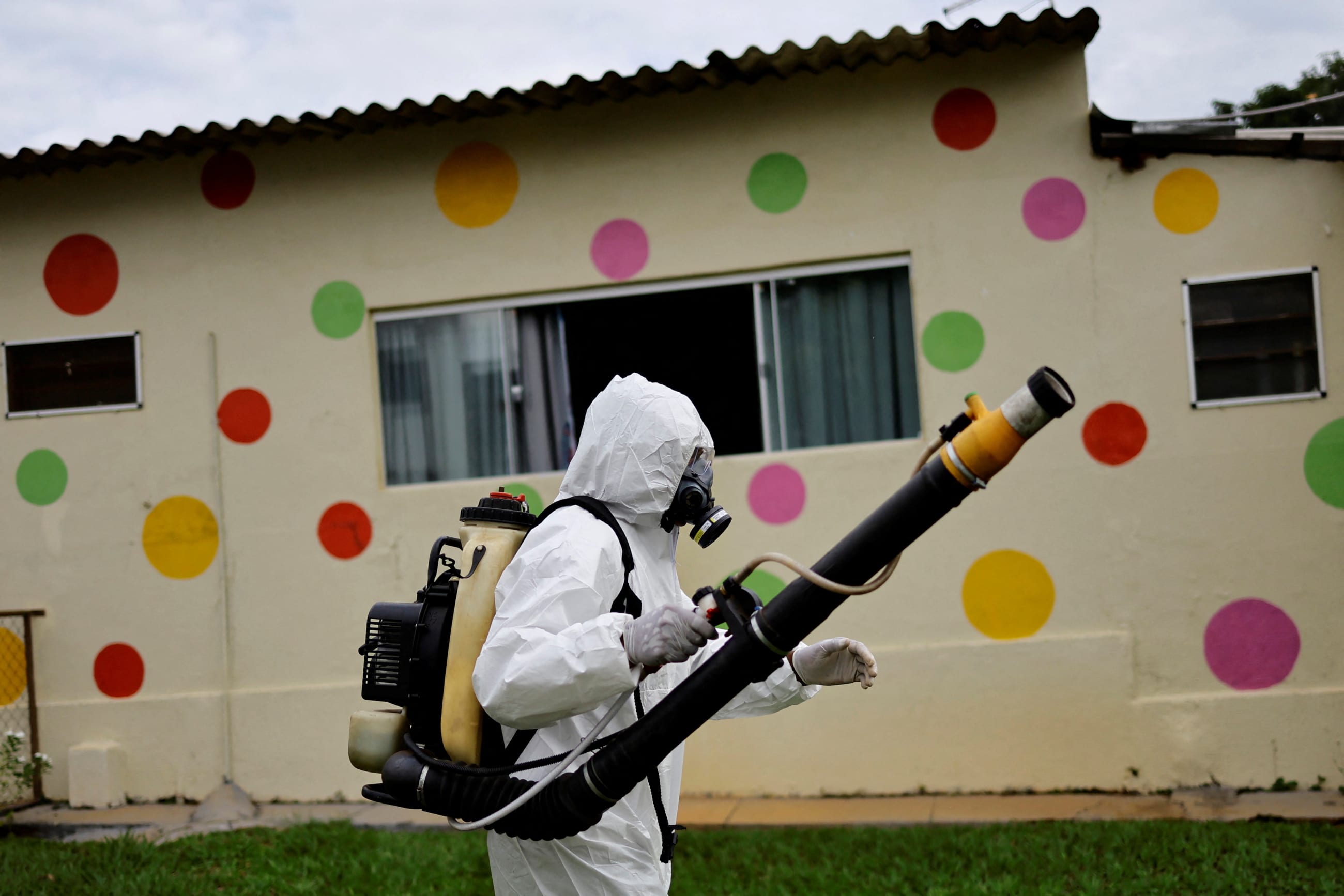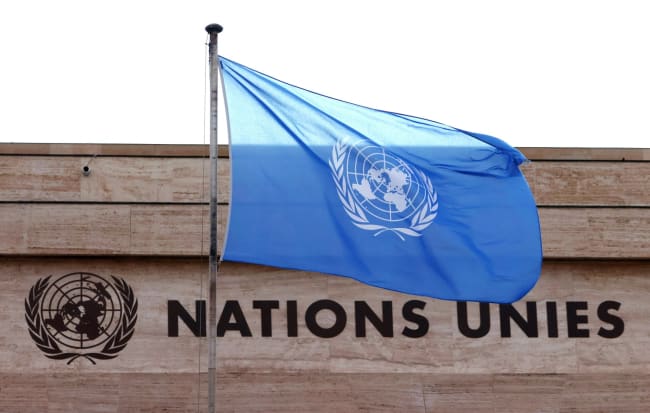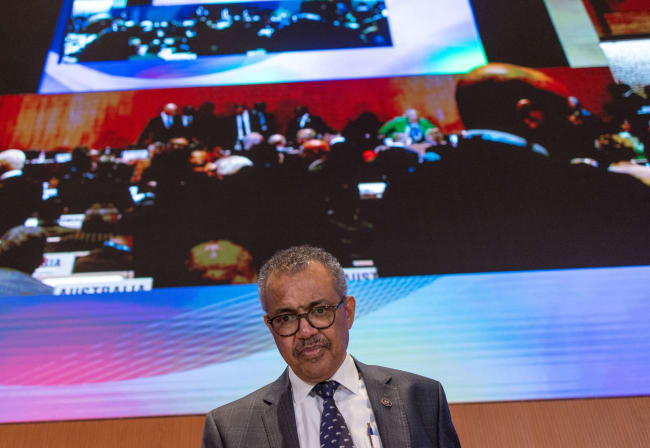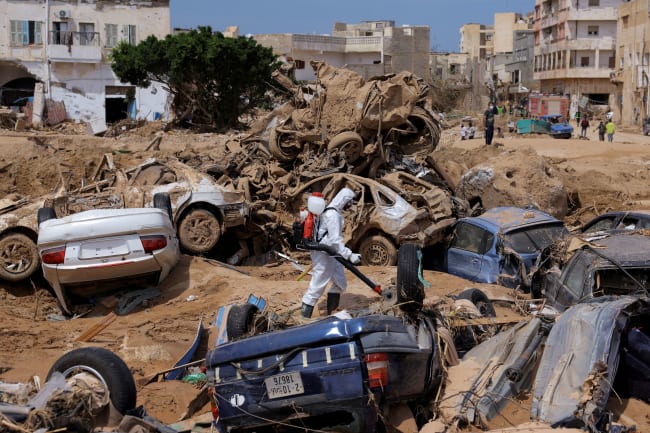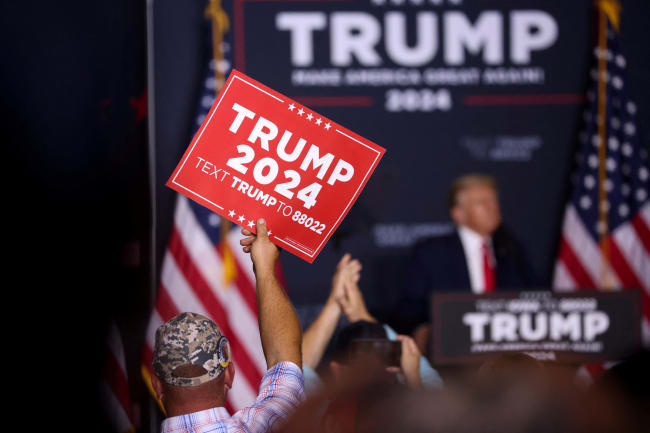Over the next few weeks, negotiations on the most significant global health governance reforms proposed in decades are scheduled to conclude. Member states of the World Health Organization (WHO) will attempt to finalize a pandemic agreement and amend the International Health Regulations (2005), known as the IHR. The World Health Assembly is set to consider the agreement and the amendments for adoption at its annual meeting in May.
WHO documents on the negotiations, along with commentary parsing the talks, indicate that WHO member states have much to do in a short period to deliver final drafts of a pandemic agreement and amended IHR to the World Health Assembly. Unresolved issues include problems that have long confounded global health governance, including equitable access to pharmaceutical products, financing for public health capacity-building, and government accountability. Even if the negotiations achieve breakthroughs on those problems, the task of turning reforms on paper into reality in practice confronts a world in which solidarity is increasingly in short supply.
Advocacy Versus Diplomacy
The COVID-19 pandemic provoked calls for changes in global health governance and an avalanche of recommendations for transforming how countries engage in pandemic prevention, preparedness, and response. WHO member states decided to create a pandemic-specific treaty and amend the IHR as the pathways to strengthen global pandemic governance.
The World Health Assembly established an Intergovernmental Negotiating Body (INB) to draft the Pandemic Agreement and a Working Group on Amendments to the International Health Regulations (2005), known as the WGIHR. As a new instrument, the Pandemic Agreement provided a wide-open target for reform advocacy. The WGIHR received more than 300 proposed amendments to the IHR. By the end of February, the INB met eight times; the WGIHR held seven meetings; and the INB and WGIHR have coordinated to avoid duplication or conflicts. Under the agreed timeline, the INB and the WGIHR will meet during March and April to finish negotiations before the World Health Assembly gathers.
The INB and the WGIHR will meet during March and April to finish negotiations before the World Health Assembly gathers
Translating reform proposals into binding international law requires defining concepts, clarifying obligations and processes, and aligning changes with the national interests of negotiating states. That dynamic often produces compromises that limit the scope of and paper over disagreements about reforms. The INB and WGIHR negotiations reflect that pattern, producing complaints that diplomats are watering down the Pandemic Agreement and IHR amendments.
The latest negotiating text of the Pandemic Agreement, for example, repeatedly provides that the "Parties commit" or each "Party commits" to actions on pandemic prevention, preparedness, and response actions. The meaning of such obligations is enigmatic. Before COVID-19, WHO member states professed commitment to pandemic readiness—professions that proved threadbare when a pandemic hit.
Similar "commit" provisions do not appear in the IHR adopted in 2005, the WHO Framework Convention on Tobacco Control, or the Paris Agreement on Climate Change—all important global health agreements. The negotiating text also frequently weakens obligations by allowing parties to take into account national capacities, circumstances, and laws as well as regional circumstances and relevant international laws.
Accountability Versus Sovereignty
One stream of reform advocacy prompted by COVID-19 involved arguing that governments should be held accountable for not following international rules. Both the WGIHR and the INB have addressed demands for greater accountability in global pandemic governance. The WGIHR, for example, has considered proposals to establish an implementation committee and a compliance committee. The negotiating text of the Pandemic Agreement creates a conference of the parties to review reports from parties on implementation of the agreement.
The accountability approaches considered by the INB and WGIHR, however, resemble report-and-review mechanisms used in international agreements for decades with dubious results. Before COVID-19, WHO member states did not lack information about or ways to analyze IHR compliance problems. During COVID-19, questions about IHR compliance were debated within and beyond WHO. Yet no WHO member state used the IHR dispute settlement mechanism or resorted to countermeasures under international law to hold alleged violators accountable.
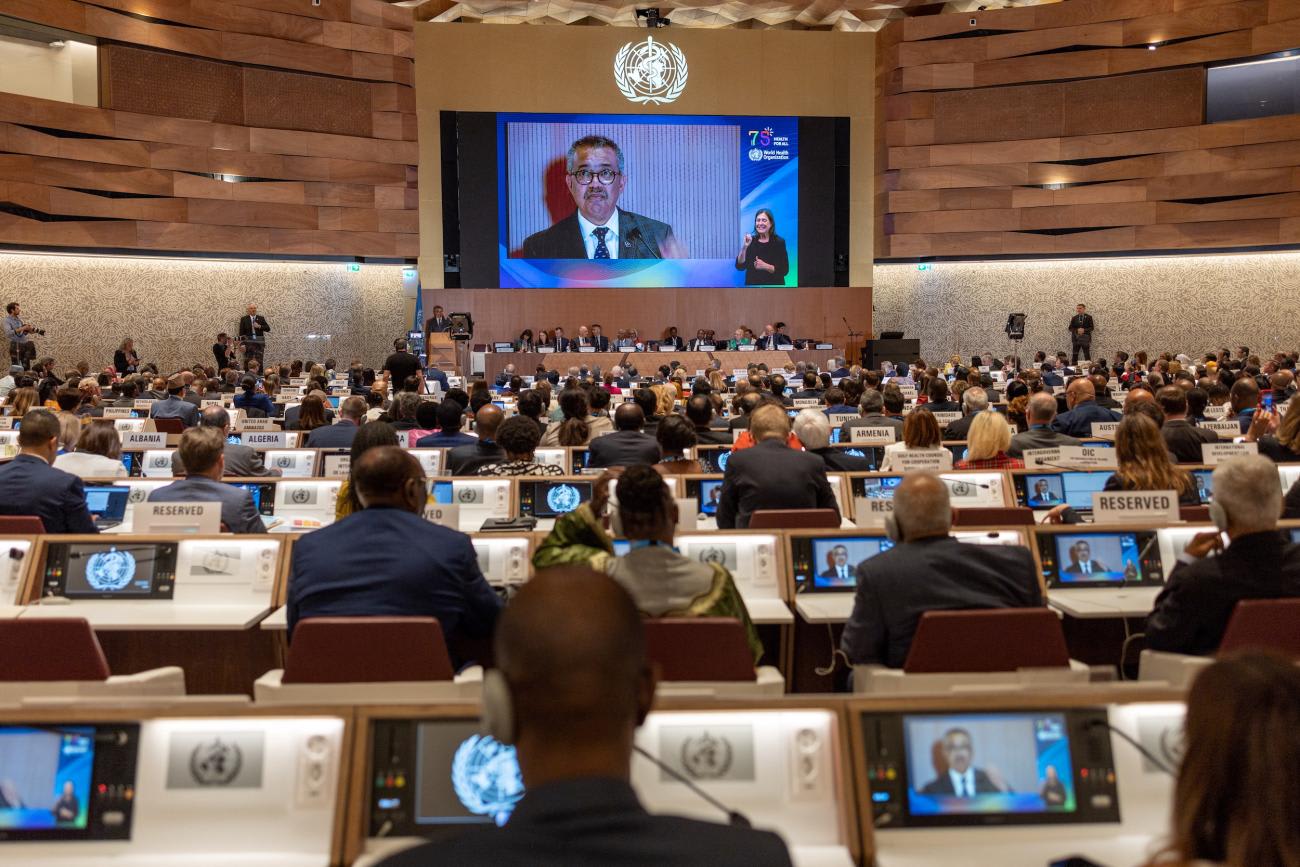
The problem was not the absence of information, the means to assess it, or mechanisms to challenge rule breaking. Instead, COVID-19 revealed that the pandemic had not diluted the zealousness with which states safeguard sovereignty.
The pandemic also demonstrated that holding powerful states accountable for allegedly violating international law is nigh impossible. The negotiating text of the Pandemic Agreement reflects that reality. It incorporates weak mechanisms—a conference of the parties and a standard dispute settlement process that states rarely, if ever, have used in global health. Those aspects of the negotiating text do not constitute transformative changes in holding sovereign states accountable.
Equity Versus Security
The COVID-19 pandemic triggered a firestorm over inequitable access to vaccines, antivirals, and other pandemic-relevant goods and services. Many WHO member states, especially low-income members, are demanding that the Pandemic Agreement and the amended IHR include equity-enhancing obligations. In the Pandemic Agreement, those demands center on establishing an access and benefit-sharing system for pathogens with pandemic potential. The WGIHR is considering proposals to heighten the importance of equity in amending the IHR. In both negotiations, high-income member states have resisted the push for equity.
The controversy emerges from long-standing friction in global health about whether to frame pandemics as national and international security threats or as transnational equity crises. The IHR adopted in 2005 have been seen—and criticized—as a security-centric instrument.
Tensions over equity are serious and, according to some observers, threaten to derail both negotiations
In contrast, the negotiating text for the Pandemic Agreement places equity at the center of global pandemic governance and never justifies its objectives in security terms. In addition, many member states are supporting equity provisions for the amended IHR.
Tensions over equity are serious and, according to some observers, threaten to derail both negotiations. How WHO member states handle the demands for equity provisions has emerged as the most consequential issue that the negotiations confront.
The perception that high-income countries have neutered equity provisions in draft texts raises the question whether low-income states are willing to walk away from both negotiations over the issue.
Capabilities Versus Cash
COVID-19 exposed that countries at all income levels were not prepared for a pandemic, despite decades of warnings and many reports about the lack of public health capabilities around the world to handle serious disease events. Much of that pre-COVID awareness emerged in efforts to help low- and middle-income countries improve compliance with the IHR's obligations on building and maintaining core public health capacities. The IHR, however, included no provisions to finance enhancing compliance with those obligations.
The need for financial resources for pandemic prevention, preparedness, and response capabilities has arisen in the INB and WGIHR negotiations. The negotiating text for the Pandemic Agreement contains a financial assistance provision, and the WGIHR has considered proposals for establishing a financial mechanism in the amended IHR. For many low-income countries, the need for financial resources informs the demands for more equity in global health.
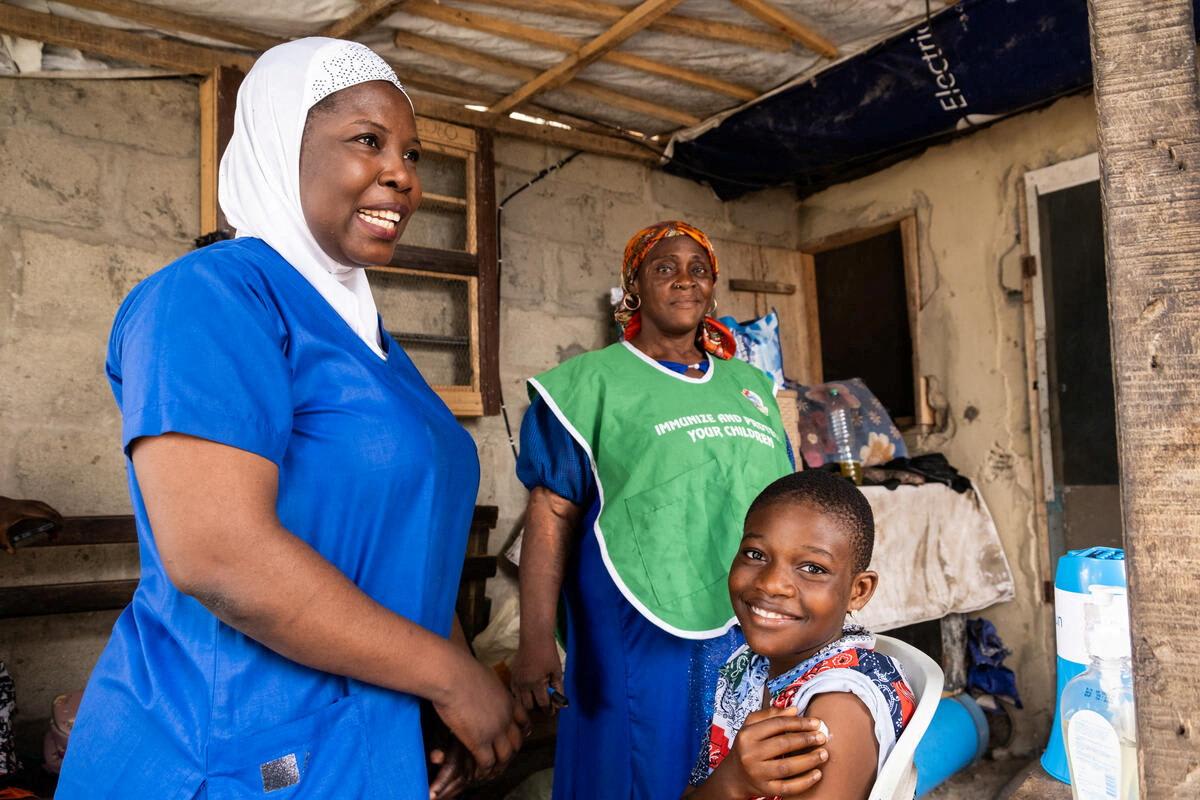
Historically, high-income countries have opposed binding themselves to specific amounts of financial assistance in international legal instruments. In addition, COVID-19 revealed that many high-income countries were not prepared for a pandemic—and need to spend billions at home to protect themselves from the next pandemic.
Compounding the cash crunch are promises and pleas for international health assistance to support legacy programs (such as the Global Fund), resource new mechanisms (such as the Pandemic Fund), and pay for nascent efforts on climate change adaptation. Finding new foreign aid (or shifting existing funds) to support pandemic readiness through the Pandemic Agreement and amended IHR will be painful because, before COVID-19, less than one cent of every dollar of international health assistance went to pandemic preparedness.
Global Health Governance Versus a Divided World
In 2005, WHO member states revised the IHR in ways that produced the most radical international legal instrument in the history of international health cooperation. At that time in world affairs, geopolitical competition was absent, countries embraced globalization, democracy was ascendent, and U.S. global health leadership had bipartisan support. Those factors helped make the revised IHR possible and facilitated other unprecedented developments in global health during the first decade of the twenty-first century.
None of those factors is present today. Any pandemic agreement or amended IHR will face a divided and dangerous world. Geopolitical competition between the great powers is intensifying, changing how countries think about their national interests, including where global health fits into such interests. Armed conflicts have increased, prompting concerns about a world at war. Democracy's global decline continues, a phenomenon that includes struggles within major democracies to sustain domestic solidarity on democratic principles and institutions. The COVID-19 pandemic caused U.S. politics on public and global health to polarize, which undermines the reliability of U.S. global health engagement.
Those difficult conditions affect the INB and WGIHR negotiations. An increasingly divided world is not conducive to transforming global governance. The INB's inclusion of a provision in the negotiating text of the Pandemic Agreement designed to counter disinformation about the agreement's impact on sovereignty underscores the severity of the challenge.
The challenges associated with geopolitics, especially threats of armed conflict, force countries to engage in ruthless triage about policy priorities. Achieving better pandemic readiness is not faring well in that prioritization scrum, as evidenced by fears that failure to adopt a pandemic agreement and amended IHR in May will end prospects for transforming global pandemic governance in the wake of COVID-19. That policy triage also threatens to marginalize implementation of any pandemic agreement and amended IHR adopted by the World Health Assembly.
The Article 21 strategy could also increase the prospects that the United States, under a Joe Biden administration, accepts the Pandemic Agreement
The divisiveness of international relations and, for some countries, domestic politics could also help explain discussion within INB negotiations of whether the World Health Assembly should adopt a pandemic agreement as a convention under Article 19 of the WHO Constitution or as regulations under Article 21. Under international law, instruments created under either article are treaties.
One important difference is that, under Article 19, WHO member states become bound by the convention if they affirmatively become a party. Regulations adopted under Article 21 become binding on WHO member states except those that reject them.
The proposition is that opting out of Article 21 regulations is more difficult for governments than deciding not to opt into an Article 19 convention. In a divided world, that tactic looks attractive. It could offer a better and faster way to bind more WHO member states to the Pandemic Agreement. The Article 21 strategy could also increase the prospects that the United States, under a Joe Biden administration, accepts the Pandemic Agreement without having to obtain the Senate's advice and consent to ratification of an Article 19 convention.
Conservative U.S. politicians and commentators have made clear their concerns about the WHO and their opposition to U.S. participation in a pandemic agreement and amended IHR. Those positions make Senate consent to ratification of an Article 19 agreement improbable before and after the U.S. election in November 2024. However, adopting the Pandemic Agreement under Article 21 to avoid Senate consent will harden conservative views and make it more likely that, if Donald Trump wins in November, his administration withdraws the United States from the WHO, the Pandemic Agreement, and the amended IHR.
Beyond the End Game
As the most important global health governance negotiations in a generation, the INB and WGIHR processes will make history whether they succeed or fail. What that history means will evolve over time as global health governance changes in response to a transforming world, initiatives that do not rely on WHO legal instruments, and the specter of climate change.
As the past teaches, protecting human health requires more than trusting treaties.
